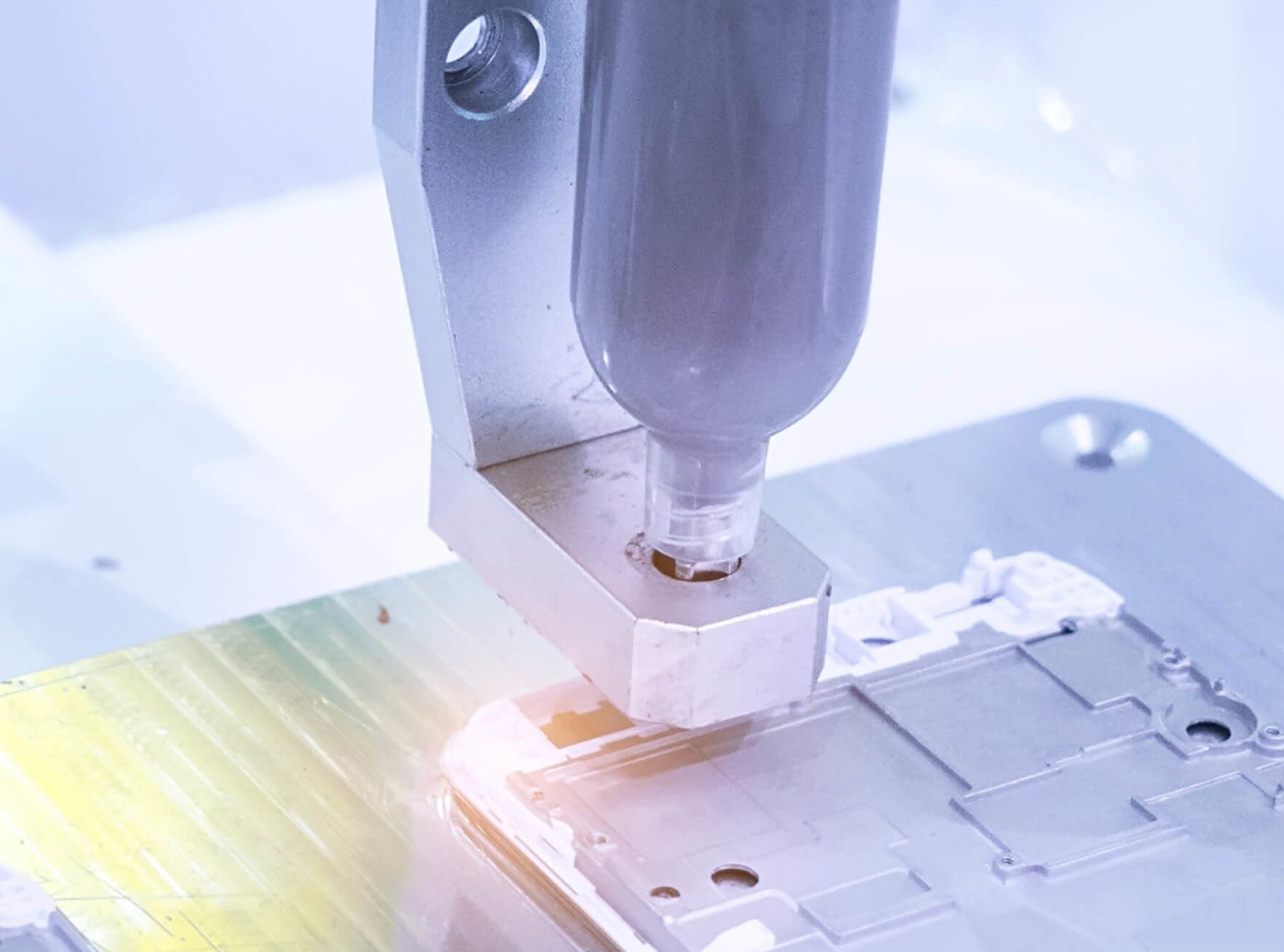Knowde Enhanced TDS
Identification & Functionality
- Chemical Family
- Technologies
- Product Families
Features & Benefits
- Ready-to-Use Product Features
Applications & Uses
- Markets
- Application Area
- Application Method
Properties
- Typical Properties
| Value | Units | Test Method / Conditions | |
| Viscosity | 20000 | cps | — |
| Dielectric Strength | 1300 | Volts/0.001" | — |
| Dielectric Constant (at 100 Hz) | 4 | — | — |
| Volume Resistivity | 1x10^16 | ohm-cm | — |
| Pencil Hardness | min. 6h | — | — |
| Glass Transition Temperature | 160 | °C | — |
| Hydrolytic Stability | Excellent | — | — |
Regulatory & Compliance
- Certifications & Compliance
Safety & Health
- Safety & Handling
- Use with adequate ventilation.
- Keep away from sparks and open flames.
- Avoid prolonged contact with skin and breathing of vapors.
- Wash with soap and water to remove from skin.
Storage & Handling
- Suggested Handling & Curing
125-50 is ready to use as supplied. Prior to using, be certain to re-suspend fillers. Further thinning may be accomplished by adding small amounts of CMI 113-12 thinner. Best properties, for most applications, result when cured for 1 hour at 125°C, or 30 minutes at 150°C. Good properties are obtained on a variety of substrates by curing at temperatures ranging from 125°C to 185°C. End user is advised to experimentally determine temperature and time best suited for individual applications.

